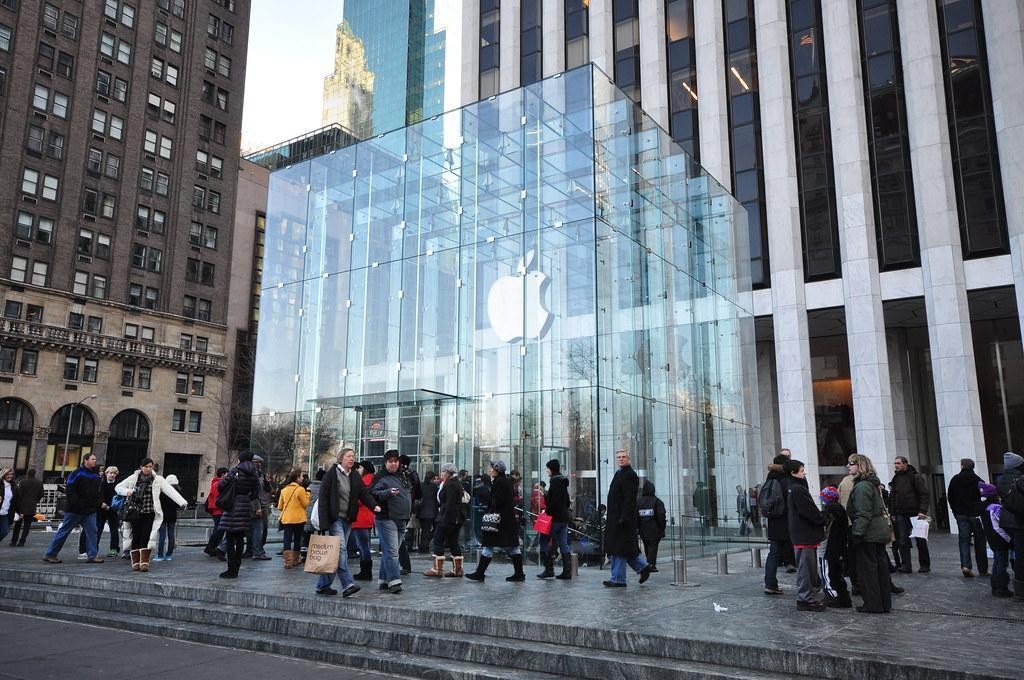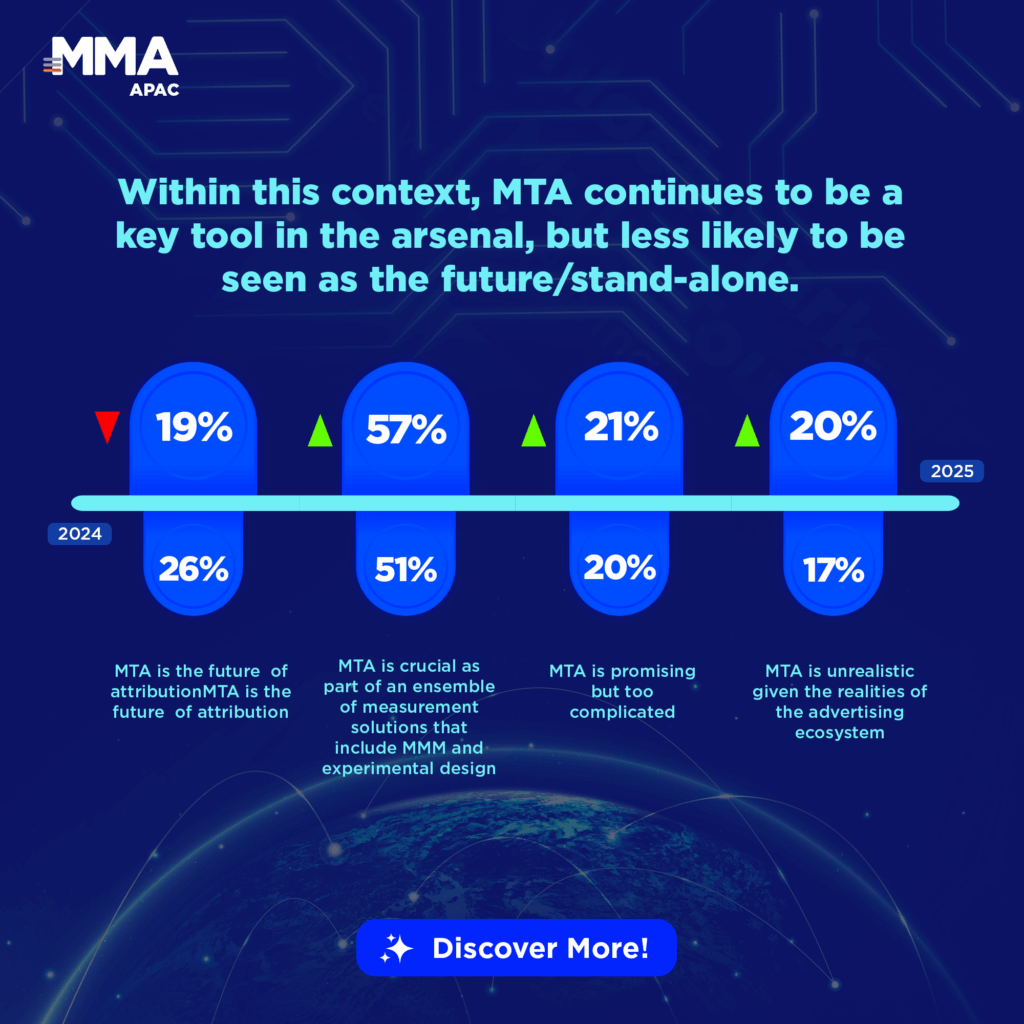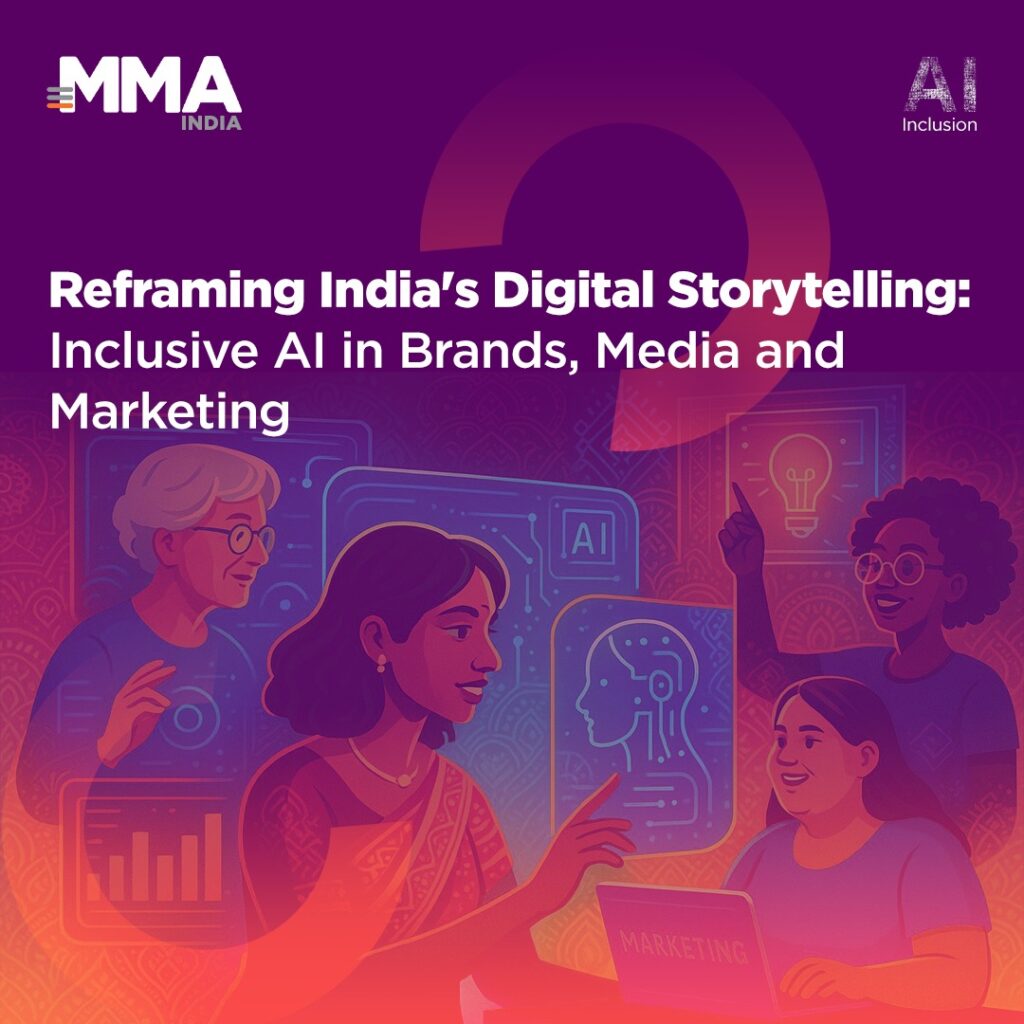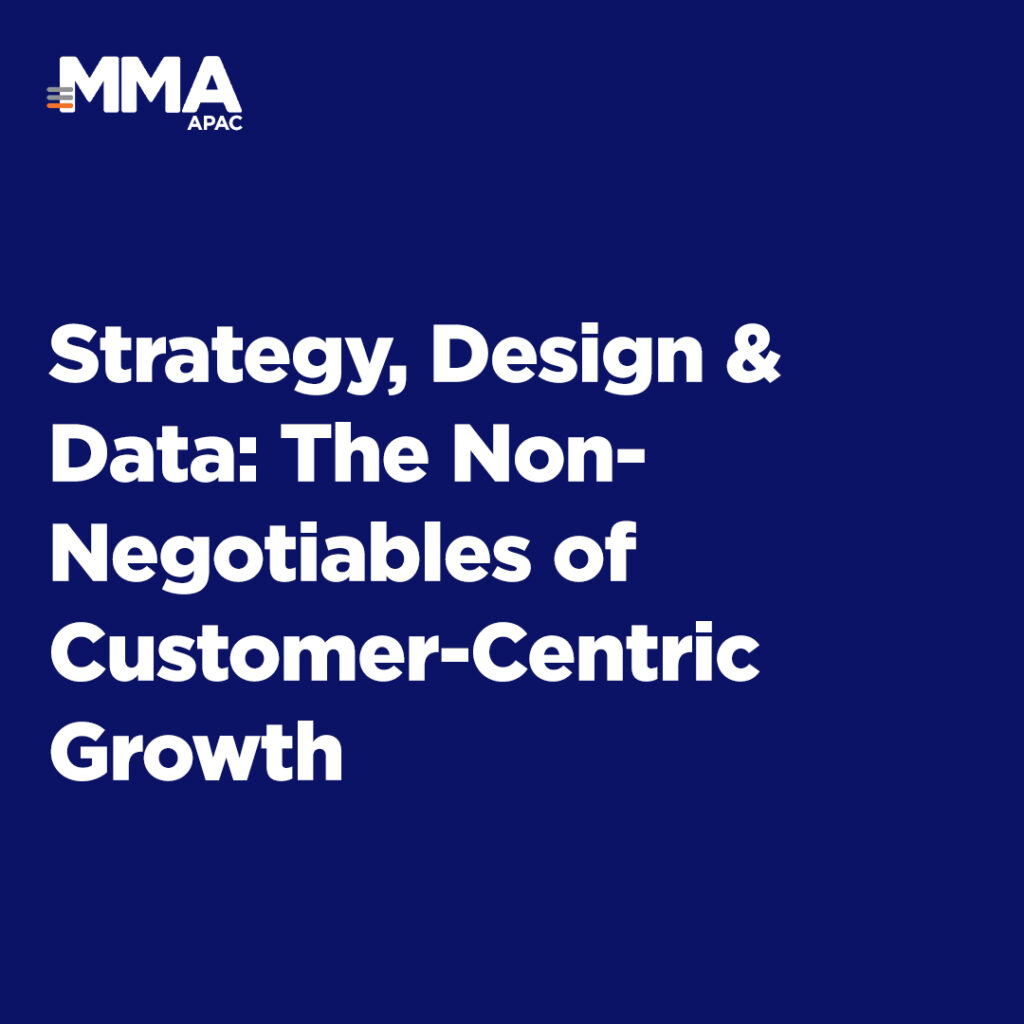
In today’s saturated marketplace, building a brand is more than just creating a logo or a catchy slogan; it’s about delivering an experience and values that resonate deeply with your audience. As if growing a garden—if you nurture it carefully, it will flourish and bring beauty for years to come. In this article, we will explore why brand building is essential, with a spotlight on a leader in the industry Apple’s success, supported by data and insights from industry experts like David Aaker and Mark Ritson.
The Essence of Brand Building[1]
Brand building is all about crafting an image that sticks with people, creating an emotional connection that goes beyond just the product. As David Aaker, a leading figure in the field of branding, puts it, “A brand is a promise to customers… a promise of quality, a promise of consistency, a promise of customer service, and a promise of innovation.” This isn’t just about what you sell; it’s about what you stand for.
Imagine your brand as a person seeking for meaningful relationships, love. Imagine the steps, efforts, and the investment that a person should make, it’s necessary. He/she needs to reach out, impress, understand, be empathetic, maintain, and really care to eventually create a deep connection with the other person. It’s never only about simple transactional things with short and surface-level conversation—it’s about showcasing value, building bonds and having mutual feelings.
The Current Landscape in Indonesia: A Shift to Lower Funnel Strategies
For many, a love story analogy might not be perfect and a bit too naïve in this current situation we have for a brand. In the wake of the pandemic and the rapid rise of e-commerce, the marketing landscape in Indonesia has seen a significant shift. Multiple brands have begun to focus heavily on lower-funnel activities—tactics aimed at converting ready-to-buy customers. This makes sense, especially considering the economic uncertainties brought on by the pandemic, so many will go a bit more pragmatic and deliver the numbers. When you’re trying to boost sales quickly, performance marketing, discounts, and promotions become tempting tools.
E-commerce platforms have thrived in this environment with online shopping becoming the new norm for many Indonesians. The convenience of browsing and purchasing from home, coupled with aggressive promotions from platforms like Shopee and Tokopedia, has further pushed brands to concentrate on immediate conversions.
A 2023 report by McKinsey highlighted that Indonesian consumers are increasingly shopping online, with the country’s e-commerce market projected to reach $53 billion by the end of the year.[2] This has led many brands to pour resources into performance-driven campaigns that yield immediate, measurable results. However, while these strategies can deliver quick wins, there’s a growing risk of neglecting the long-term value of brand building. There is a consequence of losing loyalty, and if we come back with the love story analogy, it creates no deep and meaningful connection and every date will feel like it is a first date all over again where you will need to impress her and compete with many other men that have the same jokes to tell.
Why Brand Building Still Matters
Even in this environment, where short-term results are prioritized, the importance of brand building cannot be neglected. Here’s why:[3]
- Customer Loyalty and Trust: A strong brand turns customers into loyal advocates. They trust you and keep coming back, even when alternatives are available. As David Aaker famously said: “Brand loyalty is at the heart of brand equity. If customers insist on a brand and refuse to accept substitutes, it is a powerful competitive advantage.”
- Differentiation: In a market where many products are similar, a strong brand helps you stand out. Even in a crowded e-commerce space, brands that are well-established and clearly differentiated are more likely to capture long-term customer loyalty.
- Revenue Growth: While discounts and promotions can drive immediate sales, strong brands often command higher prices because customers see them as more valuable.
- Brand Recall and Recognition: When people can easily recognize and remember your brand, they’re more likely to choose you again and again. It’s like having a familiar face in a crowd—you’re drawn to it. In the long run, a well-built brand keeps customers coming back, even when the promotional noise dies down.[4]
Apple: A Masterclass in Brand Building[5]

Image I: This Photo by Unknown Author is licensed under CC BY
Understanding that being inspired as an “Apple like” brand seems to be utopian. However, it’s never a harm to learn from the best and Apple is a prime example of how to build a brand that doesn’t just sell products but creates a lifestyle. Not only about the sleek designs or innovative features, Apple’s success is more about the values and experiences that the brand represents.
- Delivering More Than Just Features: Apple’s products are known for their innovation, but what really sets them apart is the seamless experience they offer. From the intuitive user interface to the sleek design, Apple products are designed to make life easier, more enjoyable, and more connected. This isn’t just about selling a smartphone; it’s about selling a piece of a bigger vision—a world where technology enhances everyday life.
- Marketing and Communication: Apple’s marketing is all about storytelling. Their campaigns aren’t just focused on the technical specs of their products; they highlight how the products fit into the lives of their customers. The “Shot on iPhone” campaign for instance, showcases real beautiful and quality photos taken by everyday users, placed in prominent places, Apple knows how to connect emotionally with its audience. In Indonesia, Apple’s marketing has been localized to reflect the culture and values of the market, making the brand feel relevant and relatable.[6]
- Brand Experience: Walking into an Apple Store is like stepping into the future.[7] The minimalist design, the open spaces, and the knowledgeable staff all contribute to a unique shopping experience. It’s not just about buying a product; it’s about being part of a community that values design, functionality, and innovation. In Indonesia, Apple has successfully created this same premium experience, tailoring it to resonate with local customers. The stores aren’t just places to buy gadgets; they’re temples of technology where customers come to see, touch, and feel the future.
Mark Ritson, a well-known marketing professor and brand consultant, often emphasizes the importance of focusing on what really matters in brand building: consistency, positioning, and authenticity. According to Ritson[8], “A brand is not what you say it is; it’s what they say it is.” This underscores the idea that brand perception is shaped by how customers experience the brand in their daily lives.
Ritson also points out the danger of brands getting lost in the noise of too much innovation or too many features. He argues that brands should focus on delivering consistent value and maintaining a clear, differentiated position in the market. This is something Apple has excelled at. Despite being at the cutting edge of technology, Apple has remained consistent in its brand promise: simplicity, quality, and innovation.[9]
The Indonesian Market: A Land of Opportunities
Indonesia is a market ripe with opportunity for brands that can establish a strong presence. With a population of over 270 million and a rapidly growing middle class, the potential for brand growth is enormous. The digital economy is booming, with e-commerce sales projected to reach $53 billion in 2023. Social media, too, plays a pivotal role in brand building, with over 191 million Indonesians active on platforms like Instagram, Facebook, and TikTok.[10]
Brand building is more important than ever, especially in the Indonesian market where consumers are becoming increasingly sophisticated and smarter everyday. While the current trend may be to focus on lower-funnel activities that drive immediate sales, the long-term value of building a strong brand cannot be ignored. Apple’s success indicates that besides the products you sell, values and experiences you deliver are also essentials. By focusing on a consistent brand message, creating a memorable brand experience, and connecting emotionally with customers, businesses can build brands that not only stand out but also create lasting loyalty.
As David Aaker said, “Brands are not just a reflection of a company’s value; they are a reflection of the customer’s values.” And as Mark Ritson would remind us, staying true to those values and delivering on them consistently is what sets the strongest brands apart.
At the end of the day, brand building is a lot like cultivating a love story. It’s not just about quick wins and flashy promotions—it’s about creating a deep, lasting connection that leads to loyalty and a relationship that can weather any storm. The brands that thrive are the ones that understand the importance of trust, consistency, and growing together. After all, the best love stories are the ones that last.
[1] David A. Aaker, Brand Relevance: Making Competitors Irrelevant (San Francisco: Jossey-Bass, 2011).
[2] McKinsey & Company. Indonesia E-commerce Market Report. 2023.
[3] Kevin L. Keller, Strategic Brand Management: Building, Measuring, and Managing Brand Equity (Upper Saddle River, NJ: Pearson Education, 2013).
[4] Byron Sharp, How Brands Grow: What Marketers Don’t Know (Oxford: Oxford University Press, 2010).
[5] Apple Inc., Apple Product Design Philosophy (Apple, 2023).
[6] The Drum, Apple’s Localization Strategy in Indonesia. 2022.
[7] Retail Week, Apple Store Design: A Case Study. 2023.
[8] Mark Ritson, “Branding: In Defence of Consistency,” Marketing Week, 2021.
[9] Mark Ritson, “Why Consistency is Key to Brand Success,” Marketing Week, 2020.
[10] We Are Social, Digital 2023: Indonesia. 2023.



















